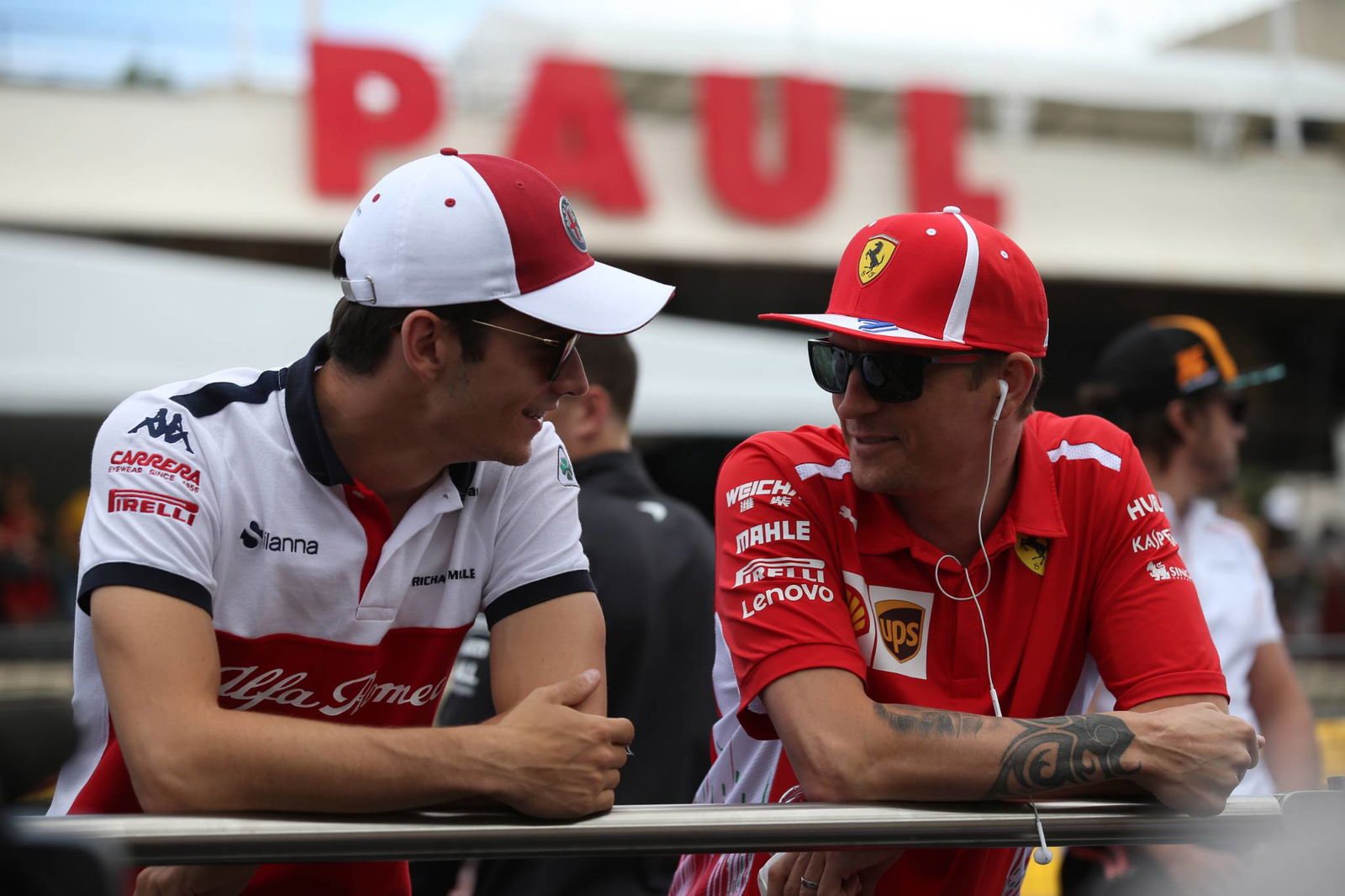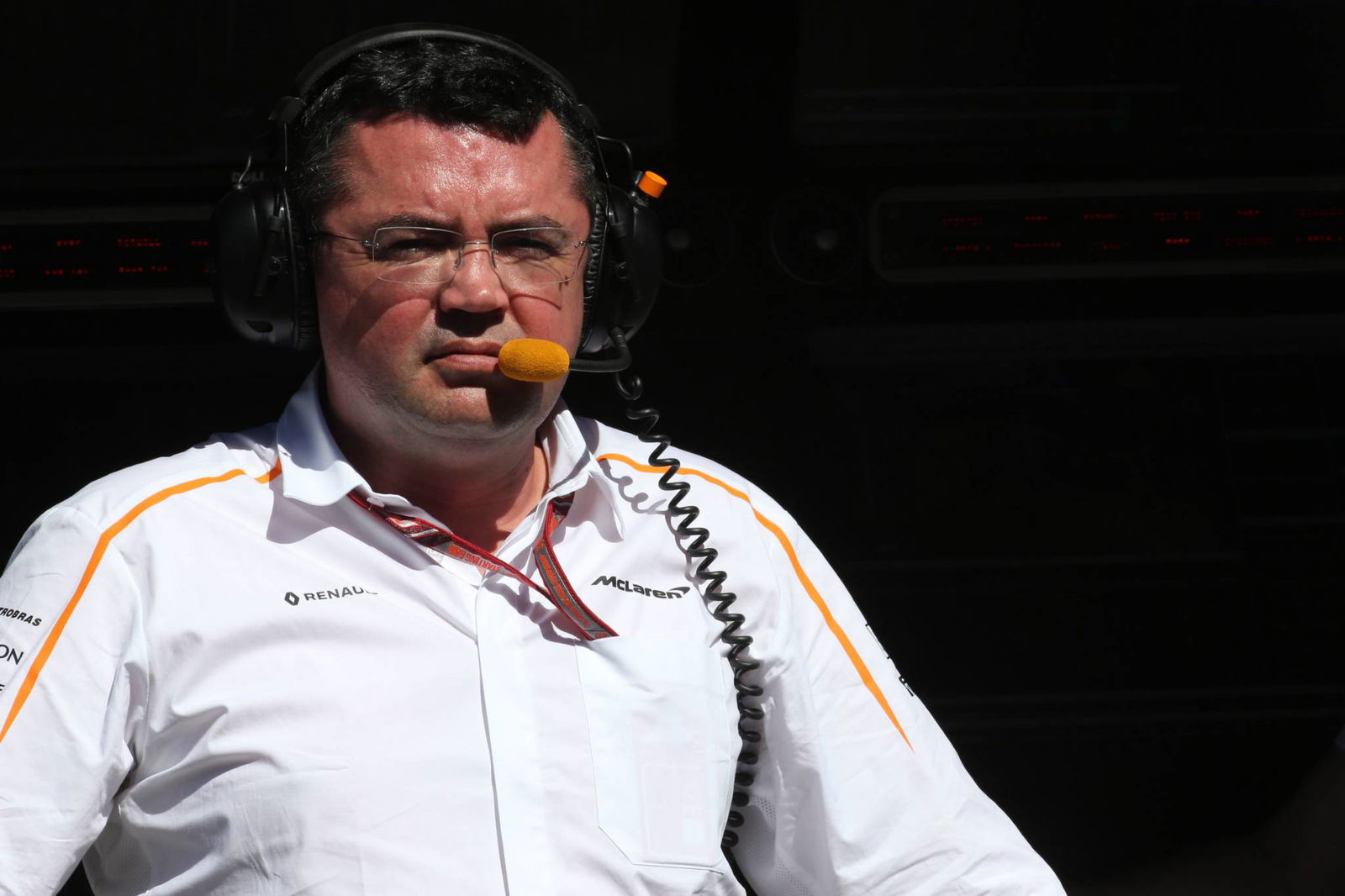Toto Wolff: Marginal gains key with top three F1 teams evenly matched
The level of performance between Formula 1’s leading three engine manufacturers is “pretty close”, according to Mercedes boss Toto Wolff.
Mercedes finally introduced its newly upgraded power unit - dubbed ‘Phase 2.1’ - at last weekend’s French Grand Prix, after reliability fears had delayed original plans to bring the update to Canada, in line with fellow engine manufacturers Ferrari, Renault and Honda.

The level of performance between Formula 1’s leading three engine manufacturers is “pretty close”, according to Mercedes boss Toto Wolff.
Mercedes finally introduced its newly upgraded power unit - dubbed ‘Phase 2.1’ - at last weekend’s French Grand Prix, after reliability fears had delayed original plans to bring the update to Canada, in line with fellow engine manufacturers Ferrari, Renault and Honda.
Ferrari and Renault enjoyed signifiant gains in Montreal as Mercedes struggled, but Lewis Hamilton bounced back with a convincing performance at Paul Ricard, as he dominated from pole position to seal his third win of the campaign and open up a 14-point championship lead over Sebastian Vettel.
When asked if he felt Mercedes boasts the best engine following its performance in France, Wolff replied: “Very difficult to say, because when you look at the data, the quickest car on the straight was Kimi [Raikkonen], but we believe he was maybe running a different aero configuration.
“I believe that all three power units are pretty close together, between Renault, Ferrari and ourselves at the moment. It’s about finding gains without compromising reliability. That’s the trick. That fight is going to continue until the end of the season.”
Both Hamilton and Vettel have held 17-point advantages at the top of the drivers’ standings so far this season, with the pendulum of momentum swinging between F1’s top two teams on a race-by-race basis. Despite Hamilton’s commanding display at Paul Ricard, Wolff warned the Briton’s lead remains precarious.
"I think what you saw in Montreal in comparison to Le Castellet is that marginal gains matter,” Wolff explained. “We fell back in Montreal because we couldn't bring the new power unit, and we were racing power unit number one for the seventh consecutive race, and the others introduced their upgrade. This certainly didn't help.
"The results of the last races show that it's all about the details - this season more than ever. Marginal gains defined the outcome of the race in both Montreal and Le Castellet and you need to get every detail right in order to win. On paper, we should be in a good position for Austria; we had the fastest car in France and we have shown good performances in Spielberg in the past.
"But you cannot take anything for granted this season, the performance of the top-three teams is too closely matched. This makes the 2018 season a great spectacle for the fans and an exciting challenge for the teams. We need to keep pushing hard and keep bringing performance to the track.
"It can swing so quickly,” he added. “A DNF and the other guy winning makes it swing in the other direction. I don't expect this to change in whatsoever way. This is going to be the story of the season.”
Mercedes has set the benchmark in terms of reliability and performance throughout the current cycle of engine regulations but Wolff admitted to being concerned at the reliability issues that hampered the Mercedes-powered Force India of Sergio Perez.


